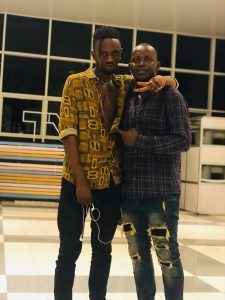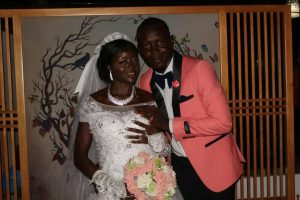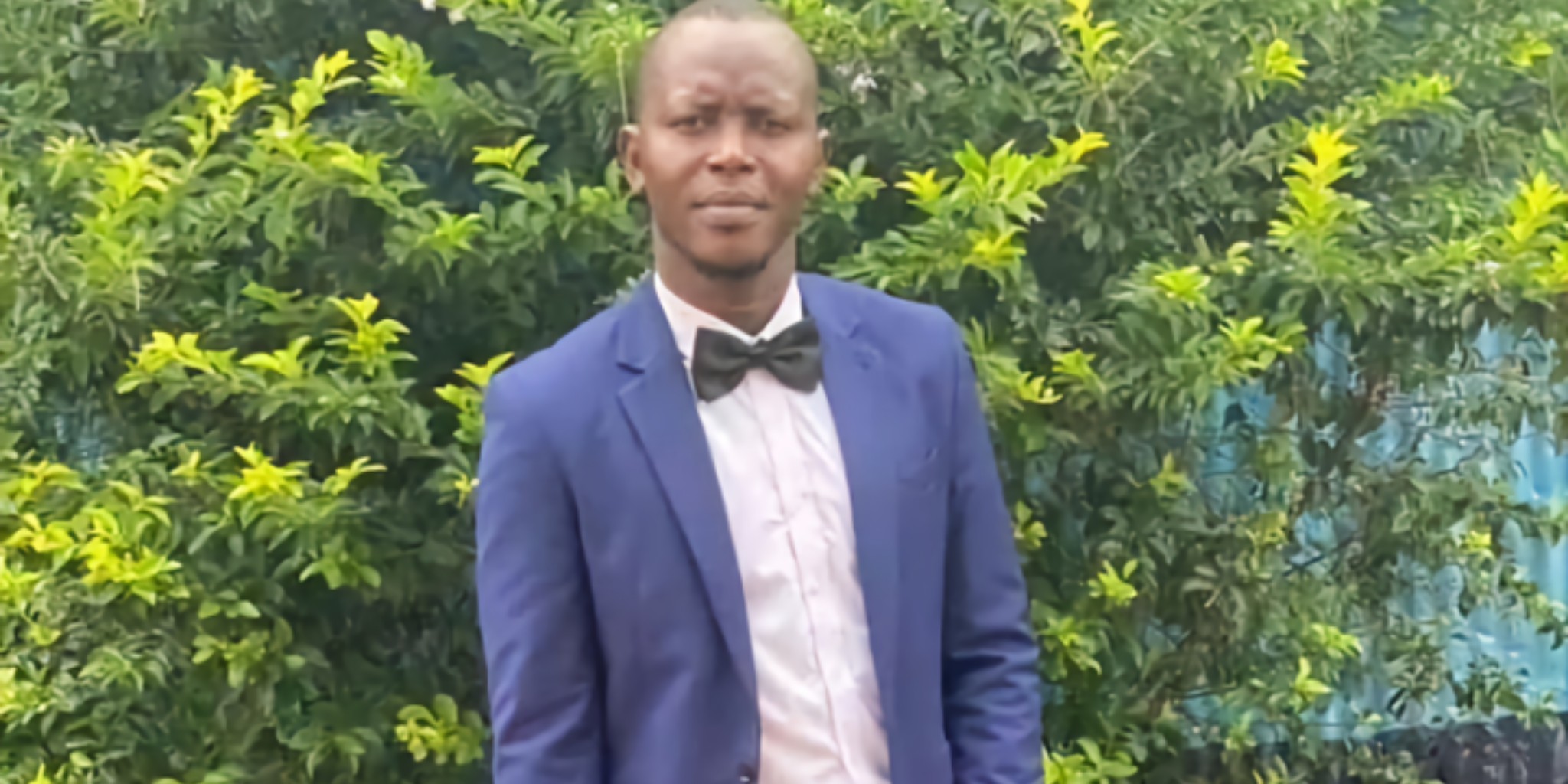A tragic case of alleged discrimination and persecution involving a 23-year-old Sierra Leonean has drawn widespread media attention, highlighting the severe challenges faced by LGBTQ+ individuals in parts of the country.
The young man, identified as Hindolo Isreal Bassie, reportedly fled Sierra Leone after facing sustained societal rejection and receiving threats to his life. According to accounts surrounding the case, the circumstances of his departure underscore the harsh realities confronting sexual minorities in communities where acceptance remains limited.
Bassie’s struggles began during his time at CKC Bo, a boarding school, where he formed a romantic connection with a fellow student named Alfred. Unfortunately, their relationship faced severe backlash when discovered in an intimate moment by classmates. Bassie was expelled from school and relocate to Freetown to live with his father in search of a more accepting environment.
The challenges mounted as Bassie, grappling with a rare disorder causing breast growth, became a target for ridicule and derogatory remarks. The societal stigma associated with his perceived sexual orientation compounded his suffering, leading to profound frustration and depression.
Returning to his family’s residence in Ascension Town, Freetown, Bassie hoped for solace but was met with staunch opposition from his father, a preacher. Upon returning to Freetown, Bassie met another lover, Edward,

They had been seeing each other in secret until one day Bassie’s sister caught them and reported it to their father. Bassie’s father became angry and began punishing him every day at home.
When people in the community learned that the preacher’s son was associating with a gay person, they started abandoning Bassie’s father’s church, arguing that they could not belong to a church where the preacher’s son was practicing homosexuality.
After seeing people leave his church, Bassie’s father forced him to marry Kadiatu Bangura to try and win back his congregation.

With Bassie continuing to practice homosexuality, his father rejected him, claiming that he was bringing shame to the family name. Bassie was later attacked by three men on Syke Street in Freetown after a fight broke out, during which he was called derogatory names, including “gay boy.” He was subsequently taken to the New England Police Station, where he spent two months until a humanitarian organization intervened to secure his release.
After his release, his family continued to neglect him, so Bassie decided to live on his own in Kingtom. There, he and his lover were once again caught together, causing alarm in the community. They were beaten, humiliated, and handed over to the police.








